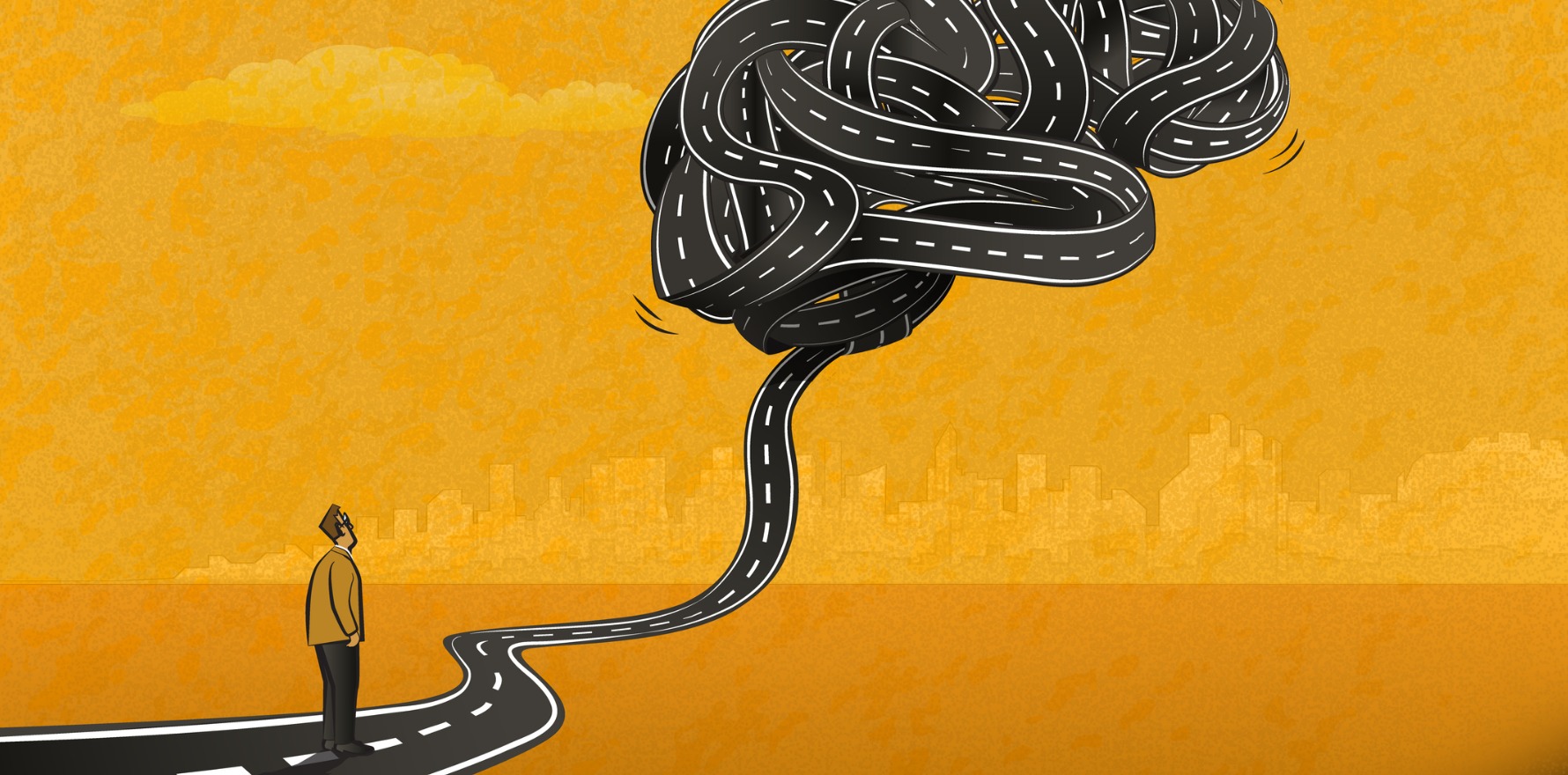Younger people have almost seven times the risk of suicide in the three months following a dementia diagnosis.
The risk of suicide is more than six times higher in patients under 65 within three months of a dementia diagnosis, a UK study has found.
“Time since diagnosis is an important marker for suicide risk and the immediate period after being diagnosed appears to be particularly devastating for patients with early-onset dementia,” the authors wrote in JAMA Neurology.
“This period is therefore critical for suicide risk assessment and prevention.”
The researchers analysed the health records of almost 600,000 people with dementia. They found that the odds of suicide were almost three times higher in people diagnosed with dementia before the age of 65 compared to the control group.
Across any age group, the odds of suicide were 2.5 times higher within the first three months of diagnosis, and 1.5 times higher in people with psychiatric comorbidity.
But in the three months following diagnosis the odds of suicide in patients younger than 65 years was 6.69 times higher than in patients without dementia.
The authors wrote that there could be several possible explanations why younger patients were more affected by a diagnosis than older patients.
“The relative rarity and unexpectedness of the diagnosis in younger patients can possibly make the acceptance of and adjustment to the condition by younger age groups more difficult.
“Additionally, younger patients, more than older patients, with dementia may forecast worse outcomes of their disorder in relation to their life expectancy; they may perceive that they will live long enough to progressively experience the most severe form of the disorder.”
Younger people with work and family responsibilities may also feel more of a burden, they said. “Perceived burdensomeness is a critical pillar for suicidal behaviour.”
Professor Brian Draper from the University of NSW has been researching the relationship between dementia and suicide and self-harm for more than 30 years.
He said the study reinforced the need for patients to access psychological support during those early weeks and months after a diagnosis.
Patients with an early dementia diagnosis should be assessed to determine their capacity to cope with the diagnosis and their suicide risk, he said.
“What we haven’t really got in place is a good network and established processes to support people after they’ve got this diagnosis.”
Professor Draper said younger people with a history of anxiety or depression particularly needed increased support in the weeks and months just after diagnosis.
If a diagnosis was made and conveyed but the patient not seen again for three to six months, clinicians were not seeing them for that crucial early period, he said.
“It likely comes down to how much time those clinicians have to do that and perhaps also the general availability of people to provide that support.
“There needs to be an understanding between specialists and GPs as to who is doing that. Too often in medicine there can be an assumption made by both sides that the other is doing something.”
Professor Draper said managing the risks of self-harm and suicide needed to be built into diagnosis processes.
“What we haven’t done well in dementia diagnosis is recognise that these days, people who are diagnosed with dementia are diagnosed at a much earlier stage of their illness than they used to be one or two decades ago. In the olden days when we made the diagnosis, often the person with dementia was not really able to participate in it as well as they are now.”
But Professor Draper said the higher risk of suicide did not mean that a dementia diagnosis should be delayed.
“It just means that you need to build in processes and effective ways of supporting people, because there’s also evidence that people are killing themselves because they fear they have dementia.”
For instance, coroners reports have shown that older people who died by suicide were concerned about their memory, but had not had a dementia diagnosis, he said.
“Having a diagnosis opens people to getting various types of support, if it’s done properly. And there may be treatments that become available to them with that diagnosis.
“It shouldn’t impact on whether you make a diagnosis. It might impact on how you make the diagnosis, how you disclose it, if you disclose it at a particular point in time, but not the assessment and diagnostic issues beyond that.”
Common concerns among patient who self-harmed were feeling like a potential burden and losing their personhood, Professor Draper said.
“They fear losing their personhood and the changes that the dementia brings to them that they don’t want to see happen to themselves.
“Some people have died by suicide in earlier stages of dementia, particularly younger people, to avoid what might happen in the later stages of dementia.”
Professor Draper said historically there had been a view that people with dementia had a very low risk of dying by suicide and that dementia was almost protective. “It was almost regarded as a mental disorder that protected one from suicide.”
But that belief was based on research more than 30 years old which was undertaken in people with advanced dementia, he said.
“The findings remain true for people who are much further along the course in dementia. The risk diminishes over time. As the dementia progresses, the cognitive capacity to do self-harm and the insight into the circumstances changes so much that intentional self-harm and suicide becomes quite uncommon.”
Professor Draper said younger people who had a diagnosis of any serious, life-altering illness had a higher risk of suicide in the first three months after diagnosis, particularly if it occurred at a younger age than normal.


